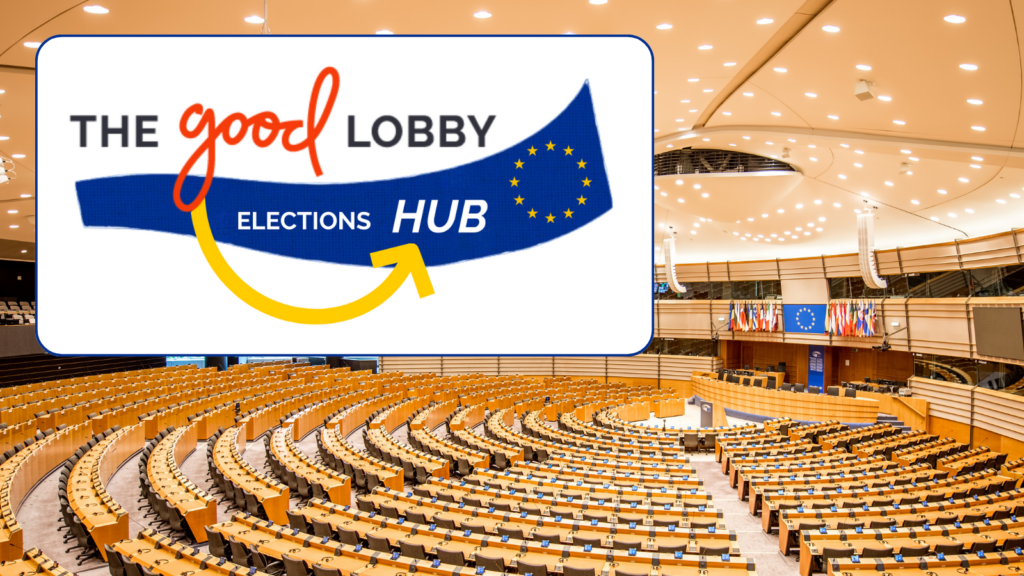Amid years of speculation, on 1 July, Hungary will take over the Presidency of the Council of the EU. This is set to go down into history for two main reasons. First, it will be the first to be held by a rebellious Member State, led by a government that does not hide its contrariety to the EU project and continues to fail to abide by EU law obligations. Indeed, EU-Hungary relations are at an all time low on account of the Hungarian government’s constant struggle with the EU institutions over, inter alia, the rule of law. Secondly, the Hungarian Presidency will coincide with the inauguration of the 2024-2029 EU policy cycle, placing Hungary in an influential position to not only nudge the EU’s long-term agenda, but also select the EU top jobs.
Let’s unpack these developments before predicting what the Presidency is likely to be focusing on the second half of 2024.
The unprecedented nature of the upcoming Hungarian Presidency
Whether it is rule of law issues, infringement proceedings, or the fact that Budapest is isolated in its reticence to support the Ukrainian war effort, there is no precedent for a member state with such a strained relationship with the EU institutions to take up the Council Presidency.
The country’s confrontational attitude in recent years sharply contrasts with the mediating role that is expected of Council Presidencies. The strained relationship between Brussels and Budapest has reached such a point that influential voices have advocated for Hungary to be denied its Presidency term. Notably, Professor Alberto Alemanno, founder of The Good Lobby, argued last year that the Hungarian Presidency should be blocked, as a means of preserving the EU’s operational integrity and good governance, as well as preventing a scenario where a member state with a track record of violating fundamental rights chairs the vast majority of Council meetings.
While Council Presidencies hold symbolic significance, member states holding the Presidency do not have carte blanche to decide unilaterally on the Council’s policy position. Hungary’s practical impact on the Council’s work may be tempered by institutional checks and ongoing tensions. It remains to be seen how confrontational the Hungarian government will choose to act during its tenure of the Council Presidency.
What can we then expect from the Hungarian Presidency?
Operating during the inception of the 2024-2029 term, the Hungarian Presidency’s main focus will be on influencing the priorities of the next Commission and to substantiate key points of the Strategic Agenda (which will have been adopted days before the end of the Belgian Presidency). The intention will be to further detail the guidance contained in the Strategic Agenda with the aim of shaping the agenda of the Commission and its members.
Hungary is set to do this by providing written guidance to the Commission on specific policy areas and promoting the adoption of various Council conclusions, laying out the Council’s position on various issues – most notably on cohesion policy – a key area of interest for Hungary. We may also expect Council conclusions on Enrico Letta’s Report on the Future of the Single Market and possibly on Mario Draghi’s Competitiveness Report.
What will the Hungarian Presidency focus on?
Besides finalising work on the outstanding files leftover from the Belgian Presidency, the Hungarian Presidency will focus primarily on 6 policy priorities that largely reflect the Strategic Agenda prepared by the European Council. That is:
- promoting the enlargement processes with a focus on the Western Balkans over Ukraine and Georgia;
- promoting defence policy and expenditure in cyberdefense and cyberspace through the EU budget;
- advancing on legislation tackling illegal immigration;
- addressing the demography challenge plaguing Member States and affecting the EU’s competitiveness and sustainability of public finance;
- shaping the future of cohesion policy;
- and removing barriers to the internal market and reducing bureaucracy. In so doing, the Hungarian Presidency may be expected to pay special attention to Enrico Letta’s Report on the Future of the Single Market, as well as Mario Draghi’s Competitiveness Report, due by June/July 2024.
What are the plans of the Hungarian Presidency for the Green Deal?
According to several sources, the Hungarian Presidency will carry on working on the Green Deal, while shifting the focus on competitiveness. Special attention will be paid to the 2030 climate targets and on whether additional legislation is needed to help the EU achieve its climate ambition for the end of the decade.
Hungary’s Fidesz government has frequently lambasted the EU’s Green Deal and climate agenda. Within a political landscape that is expected to shift to the right, the presence of a climate-sceptic country at the help of the Council during the second half of 2024 could impact the EU’s positioning on the issue of climate action.
Hungary, as the Presidency holders, will also represent the Council at the next COP29 meeting in November. In so doing, Hungary will be in charge of leading the definition of member state positions ahead of the climate conference. Dedicated Council conclusions are expected to be adopted to this effect (see for reference the Council conclusions ahead of COP28).
How impactful will the Hungarian Presidency be?
The Hungarian Presidency’s programme is expected to be further detailed in early summer 2024. Its publication will provide additional information on what policy areas the Hungarian government plans to prioritise.
A successful Presidency for Hungary will be one that achieves concrete advances in agenda setting and legislation. For this to happen, the Hungarian government will have to help drive consensus across the Council. This necessarily implies that Hungary will have to at least temporarily abandon its role of proverbial black sheep in the Council. How Budapest intends to do this in light of its strained relationship with the rest of member states remains unclear.
Are you ready for the EU elections?
The Good Lobby Elections HUB